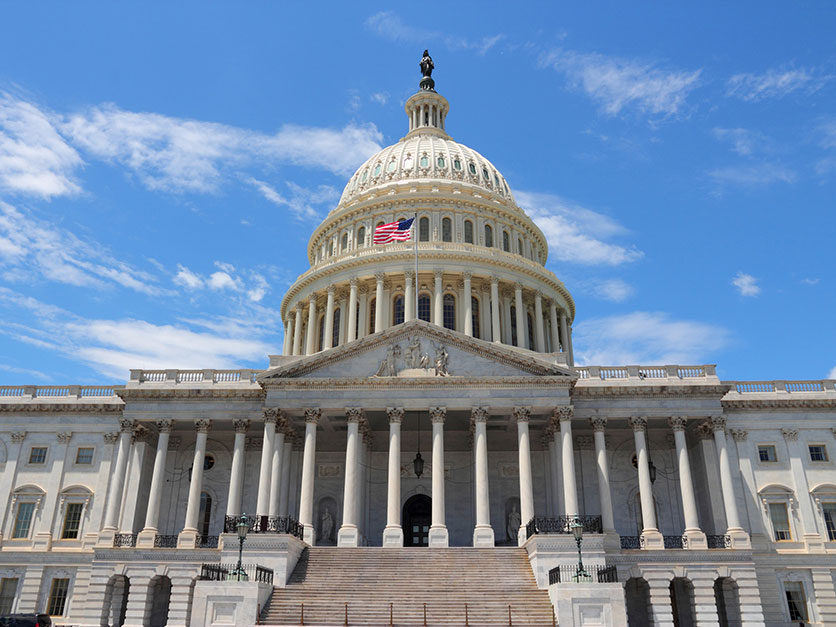The Democratic-controlled House gave final congressional approval Wednesday to a $1.9 trillion economic stimulus package, setting the stage for many Americans to soon get $1,400 payments.
The American Rescue Plan, which passed the House and Senate without a single Republican vote, is expected to be signed into law by President Joe Biden on Friday. On Wednesday, the House cleared the final version of the bill, which had been modified by the Senate last week, 220-211.
A single Democrat, Jared Golden of Maine, voted against the final bill. Oregon Rep. Kurt Schrader opposed the original House version of the measure, but voted for the final one. Schrader was opposed to a minimum-wage increase that was included in the original House bill but dropped by the Senate.
“After a year of battling this pandemic, our communities are on the edge, and the American Rescue Plan is here. To the American public, help is on the way. It will put money directly in people’s pockets,” said House Appropriations Chairwoman Rosa DeLauro, D-Conn.
But Rep. Jodey Arrington, R-Texas, called the bill a “$2 trillion blue-state boondoggle and a Trojan horse for their reckless partisan policies. … Speaker (Nancy) Pelosi is throwing your tax dollars at Democrat cronies like a float captain throws beads at a Mardi Gras parade.”
The bill includes $22.7 billion in agriculture and nutrition provisions and also authorizes state and local governments to use the aid they will receive through the package for broadband as well as water and sewer infrastructure.
The ag provisions include historic debt relief for minority farmers. The legislation requires USDA to make payments to minority farmers worth up to 120% of their indebtedness on USDA direct and guaranteed loans. About 15,000 farmers are expected to get payments averaging about $220,000 each.
Interested in more coverage and insights? Receive a free month of Agri-Pulse West.
Rep. Andrew Clyde, R-Ga., called the provision "racist" and a "clear violation" of the Civil Rights Act.
But House Agriculture Committee Chairman David Scott, a Georgia Democrat and the first Black chairman of the panel, said that Black farmers were left out of other COVID aid bills, an apparent reference to the fact that most farmers who benefited from previous aid packages — as well as farm bill commodity programs — would be White.
House Speaker Nancy Pelosi, D-Calif., said the latest bill's various provisions for minorities make the bill a "force for fairness and justice in America."
The bill also includes $3.6 billion earmarked to fund commodity purchases and to provide grants and loans to processors, farmers markets, producers and organizations to pay for needs such as workers' personal protection equipment and to retool operations to "maintain and improve food and agricultural supply chain resiliency."
Another $500 million is earmarked for grants to rural health care providers to compensate them for revenue lost due to the pandemic and to help with a range of needs, including the cost of testing and vaccine distribution.
The package would extend the temporary 15% increase in Supplemental Nutrition Assistance Program benefits through September, and expand child nutrition assistance.
The bill "will provide significant impact through much-needed relief for millions of people who are struggling to make ends meet," said the Alliance to End Hunger, an advocacy group.
The full $1,400-per-person payments will go to individuals with incomes up to $75,000 a year and couples making up to $150,000. The payments will be phased down and then cut off after $80,000 for an individual and $160,000 for a couple.
For more news, go to www.Agri-Pulse.com


